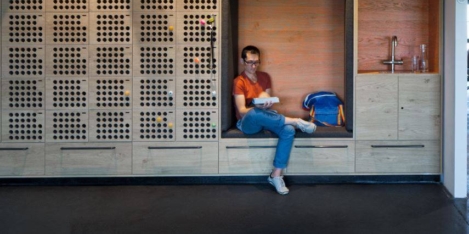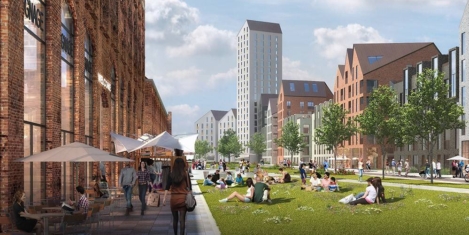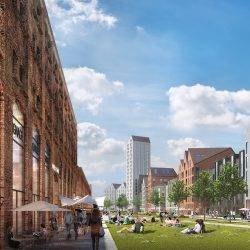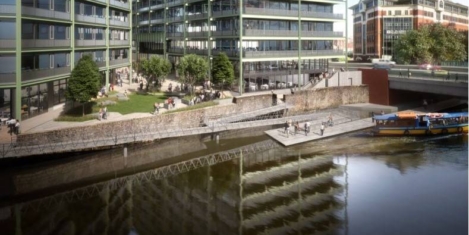April 25, 2019
Lies about work, the limits of wellness programmes, sleepwalking architects and some other shoes
 There are lots of reasons to worry about where the World might be taking us, or perhaps where we are taking it. You can take your pick but for me one of the most worrying aspects of contemporary discourse is the obvious dearth of empathy. We might like to think of this as an innate characteristic of human beings, but it really isn’t. It’s something that we also need to learn. This idea is explored in this piece by Hanna Rosin who centres her argument around an analysis by Sara Konrath, an associate professor and researcher at Indiana University who has discovered that our willingness to empathise with people is eroding rapidly, especially for those who we see as ‘other’ or irrelevant. If you want an example of lack of empathy, you can see it in this footage of a banker being taken to task for it in a US committee hearing.
There are lots of reasons to worry about where the World might be taking us, or perhaps where we are taking it. You can take your pick but for me one of the most worrying aspects of contemporary discourse is the obvious dearth of empathy. We might like to think of this as an innate characteristic of human beings, but it really isn’t. It’s something that we also need to learn. This idea is explored in this piece by Hanna Rosin who centres her argument around an analysis by Sara Konrath, an associate professor and researcher at Indiana University who has discovered that our willingness to empathise with people is eroding rapidly, especially for those who we see as ‘other’ or irrelevant. If you want an example of lack of empathy, you can see it in this footage of a banker being taken to task for it in a US committee hearing.











 The UK now ranks tenth globally when it comes to happiness in the workplace. Austria (690), Spain (682), United States (719), France (672) and Germany (675) are all above the UK in rating workplace happiness. To date, over 10,000 people globally have taken the free
The UK now ranks tenth globally when it comes to happiness in the workplace. Austria (690), Spain (682), United States (719), France (672) and Germany (675) are all above the UK in rating workplace happiness. To date, over 10,000 people globally have taken the free 








 Workers in the UK are putting the longest hours in the EU, according to a new
Workers in the UK are putting the longest hours in the EU, according to a new 









April 24, 2019
The meteor strike of coworking and the beasts that will remain
by Mark Eltringham • Comment, Flexible working, Property, Workplace design
(more…)